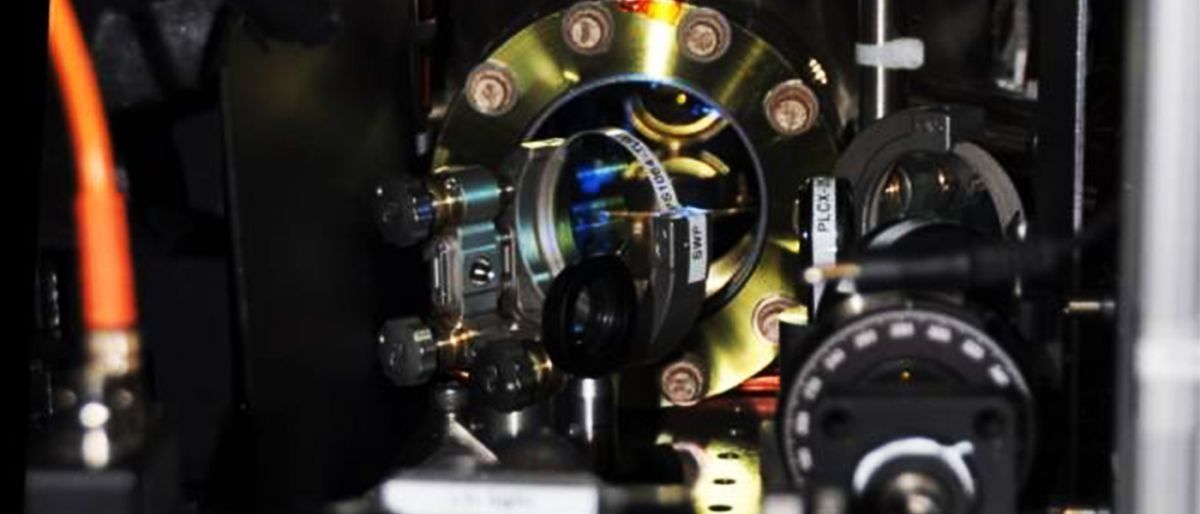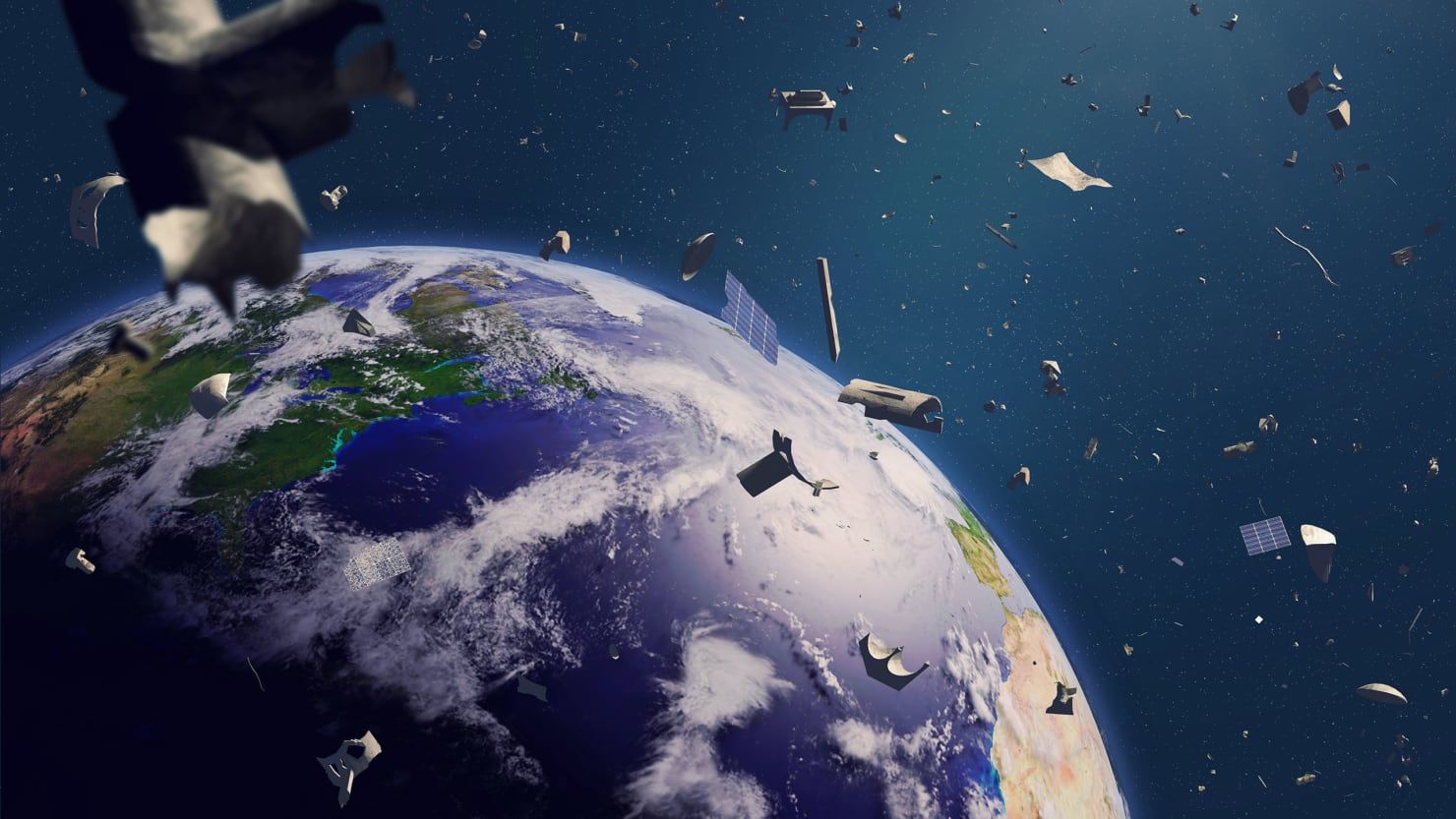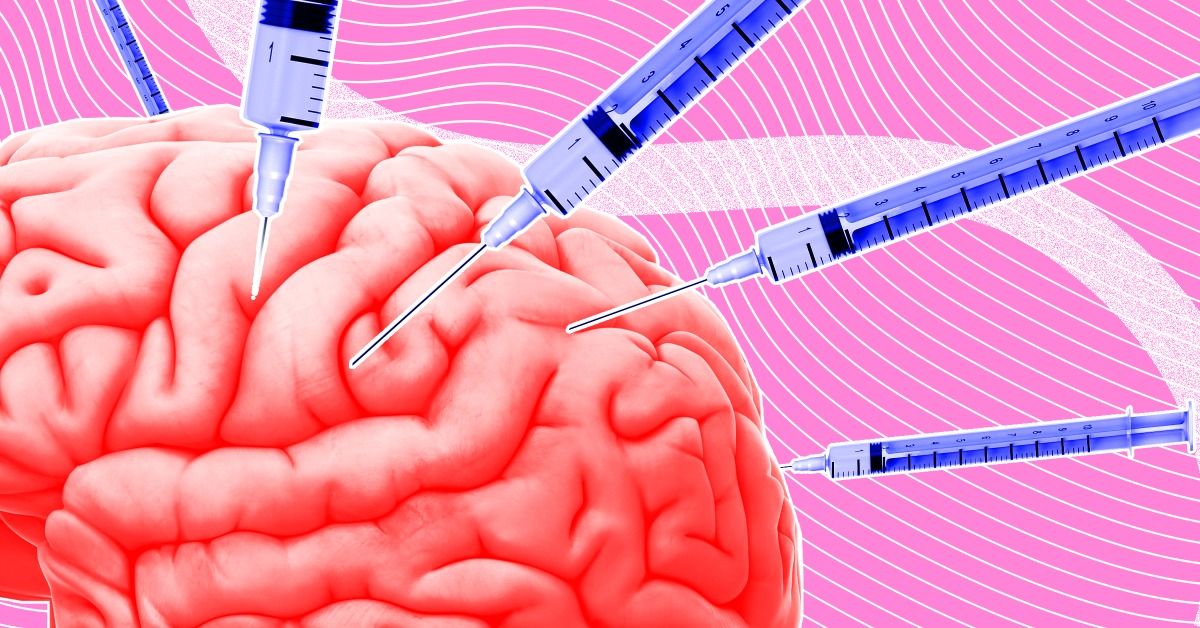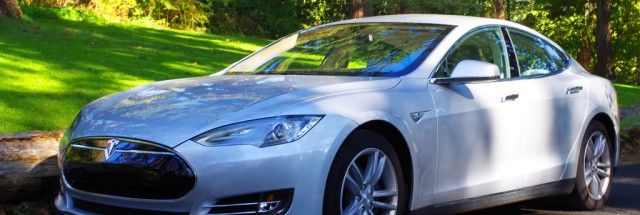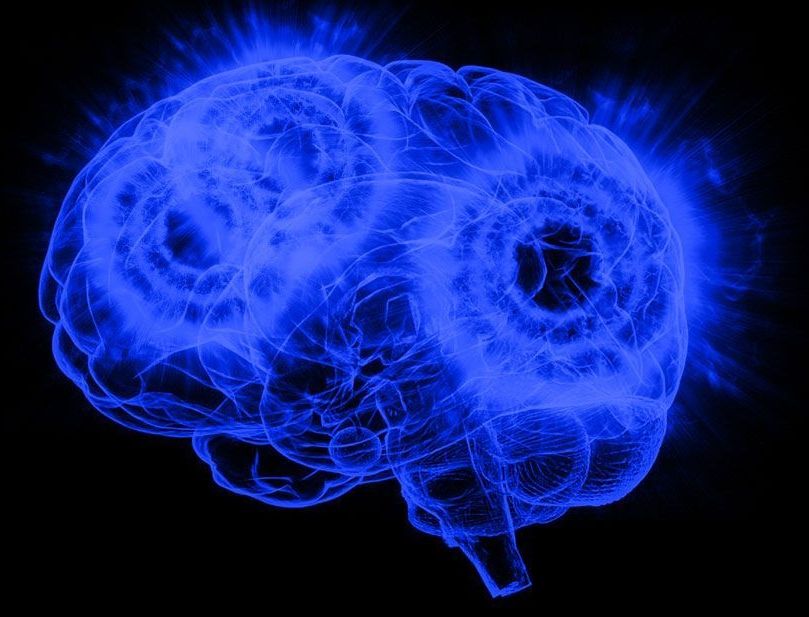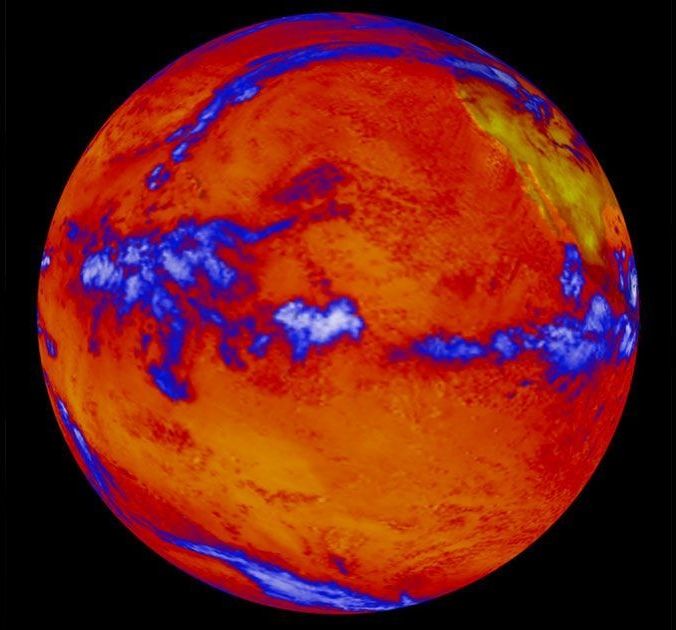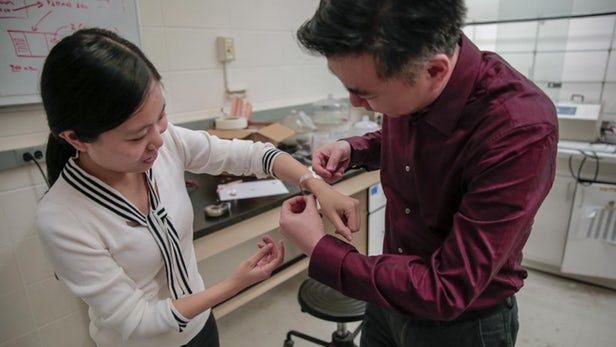Dec 1, 2018
Researchers Just Created a New Form of Matter
Posted by Genevieve Klien in categories: materials, particle physics
There’s a new form of matter out there and it’s called a supersolid. Born in the labs of researchers from the Massachusetts Institute of Technology (MIT), this new matter is seemingly a contradiction. The supersolid combines properties of solids and superfluids — or fluids with zero viscosity, thereby flowing without losing kinetic energy. Supersolids have previously been predicted by physicists, but have not been observed in a lab until now.
“It is counterintuitive to have a material which combines superfluidity and solidity,” says team leader Wolfgang Ketterle, the John D. MacArthur Professor of Physics at MIT and 2001 Noble laureate. “If your coffee was superfluid and you stirred it, it would continue to spin around forever.” Their research was published in the journal Nature.
To develop this seemingly contradictory form of matter, Ketterle’s team manipulated the motion of atoms in a superfluid state of dilute gas, called a Bose-Einstein condensate, or BEC. Ketterle co-discovered BEC, which won him his Noble prize in physics. “The challenge was now to add something to the BEC to make sure it developed a shape or form beyond the shape of the ‘atom trap,’ which is the defining characteristic of a solid,” Ketterle explained.
